About
We reframe thinking about the person, society, and poverty…
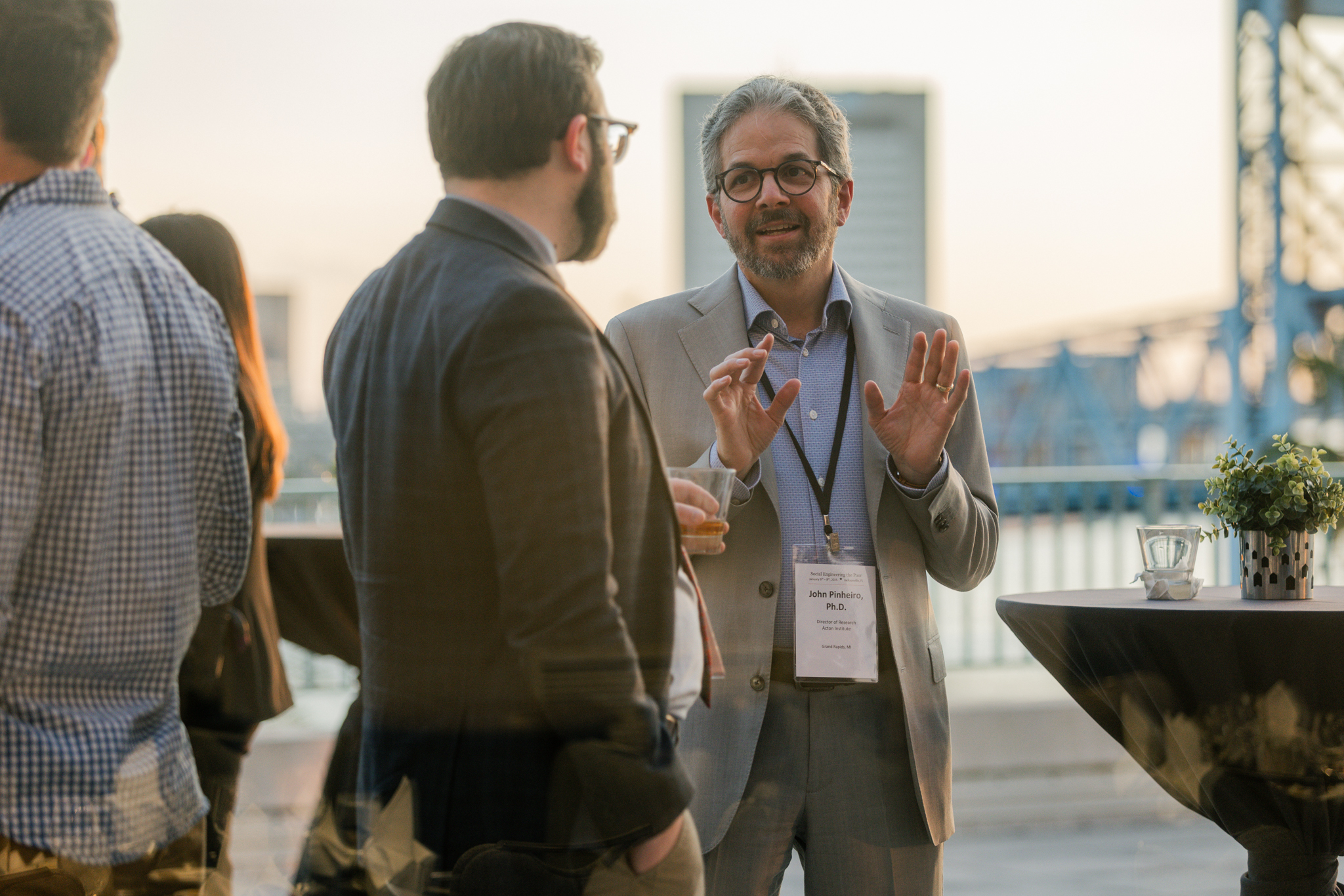
& empower institution builders.
With particular attention to problems of social and material poverty, the Center for Social Flourishing seeks to reframe thinking about the nature of civil society and empower a variety of local, voluntary institutions and networks to address social problems.
Through film, research, conferences, and a partner network, the goal of the Center is to spur new thinking, collaboration, and innovation across sectors, including education, health care, technology, financial and social services, and in how churches help those in need. Our center will educate, activate, and support institution builders—local and regional leaders intent on making their neighborhoods and cities into communities where people thrive.
Our Vision
Poverty is not simply a lack of money. Homelessness is not simply a housing problem. A good human life constitutes more than abundant material goods: Even the affluent can experience spiritual poverty and alienation.
The dominant humanitarian approach to poverty over the last decades has been grounded in a “mechanistic” worldview that sees social problems primarily as technical difficulties to be solved through social engineering and public policy. This approach has focused too much on material deprivation often at the expense of economic independence, personal agency, and the spiritual and social dimensions of the person.
Principles
- The human person, endowed with dignity and creative capacity, is the subject of his or her own story of development.
- The family is the fundamental social, cultural, and economic unit. Supporting families is the key to social healing and generating prosperity.
- Enterprise, economic opportunity, and commerce are the normative ways for people to create prosperity and rise out of poverty.
- The principle of subsidiarity should guide social organization and must inform any attempts to address poverty.
Why is any of this important?

The “technocratic paradigm” has created alienation, undermined neighborhoods, and built barriers to economic independence.
Technocratic, centralized, and individualizing approaches to social problems have dominated over the last century. A single-minded focus on solving “child poverty,” “maternal poverty,” or “elderly poverty” ignores the key role that the family household, as a unit, plays in protecting members from deprivation, creating prosperity, and in fostering genuine human development. Further, centralized and professionalized approaches crowd out local institutions and impair social capital.
What do we do?
The center promotes human and social flourishing through film, research, conferences, and a partner network.
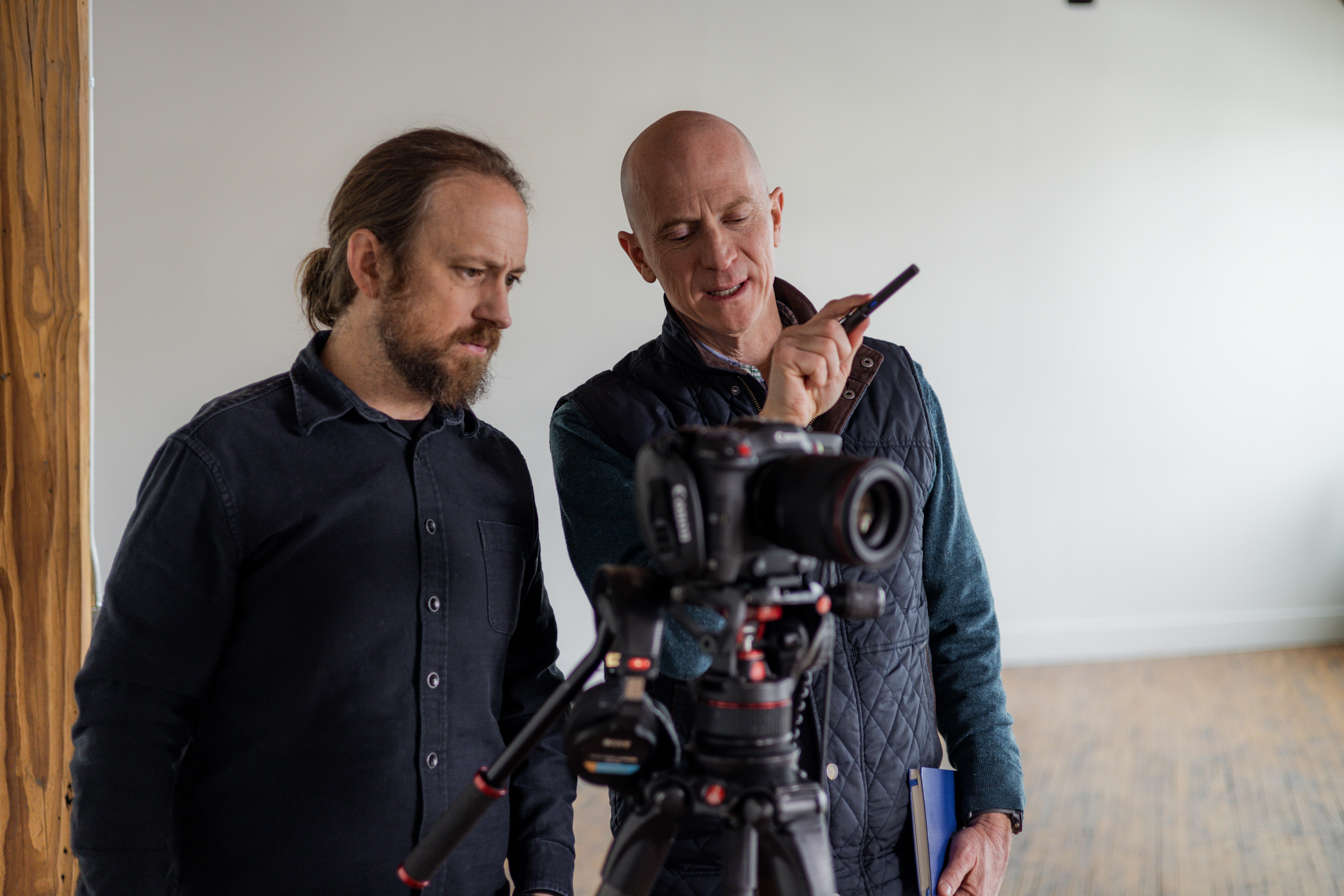
Film & Media
We are producing a feature-length documentary film on social and material poverty in the United States. Additionally, the Center produces other educational media, including online videos and podcasts.
Research
Academic research and affiliate scholars employed by the center are contribute to a growing body of knowledge about what makes individuals and communities flourish.
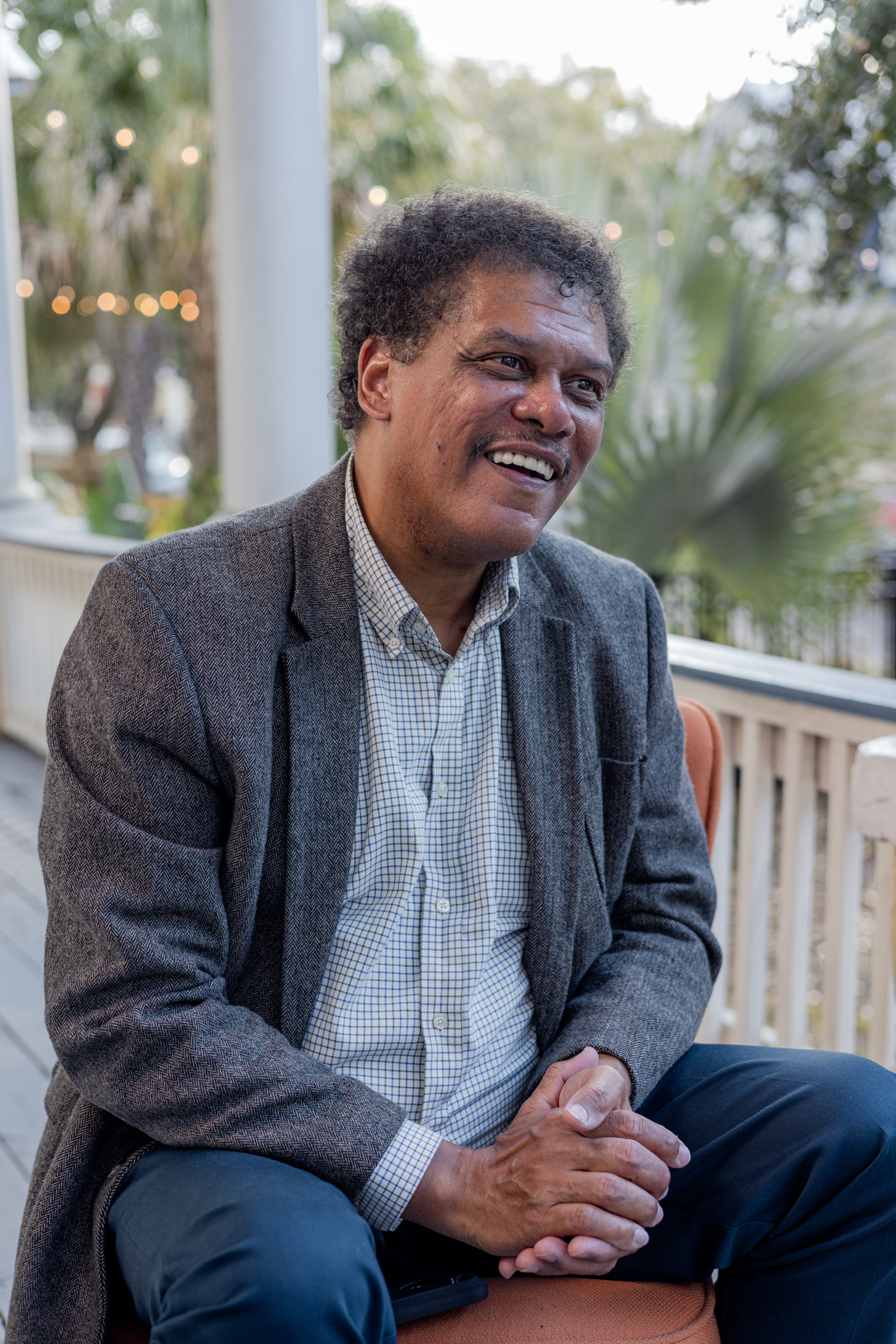
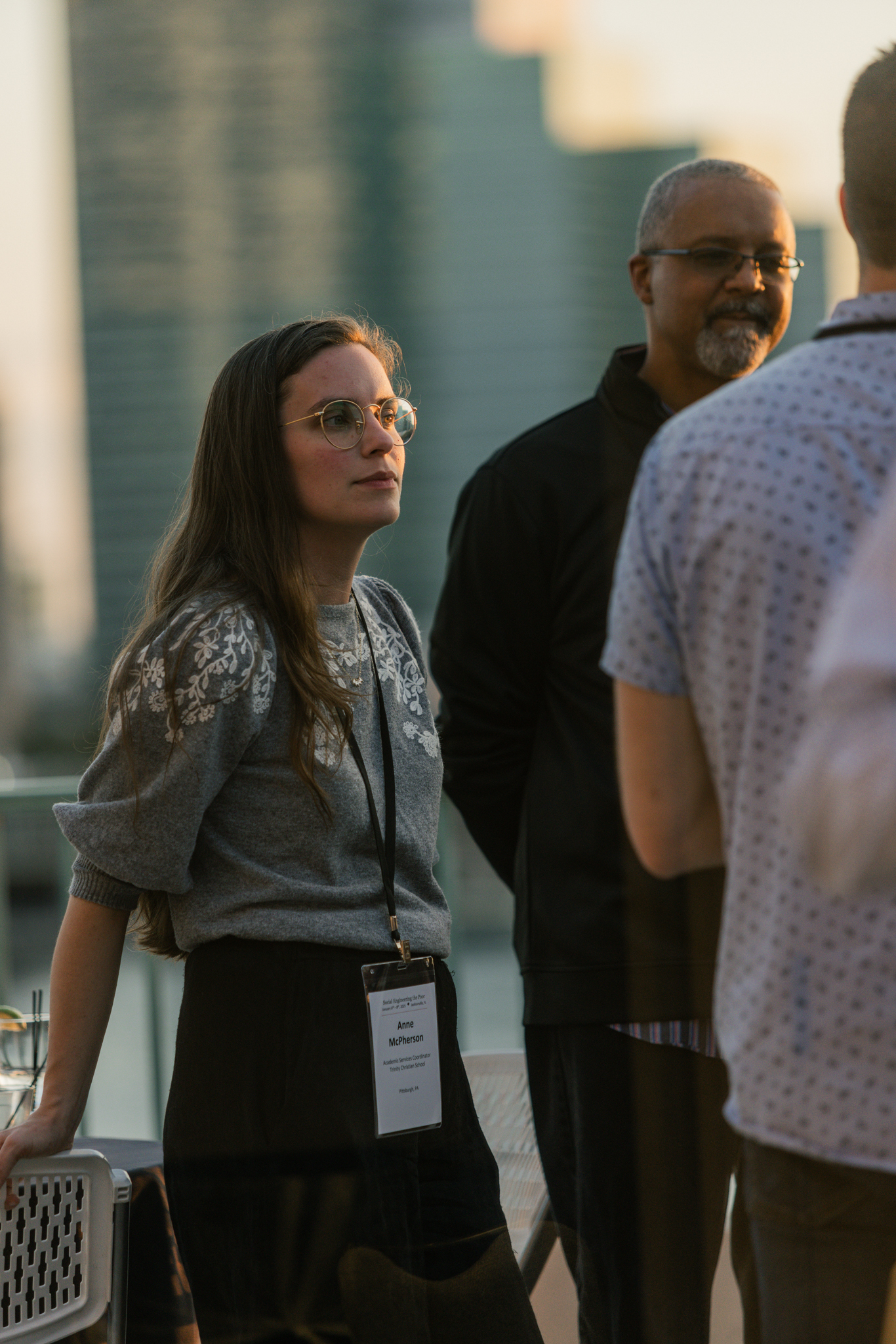
Conferences
Our conferences, lectures, and workshops form leaders and reframe thinking about poverty, shifting mindsets from combatting poverty to promoting the conditions for justice, flourishing, and prosperity.
A Partner Network
We foster collaboration between individuals and organizations across sectors—convening, educating, activating, and supporting institution builders who care deeply about their cities and neighborhoods.
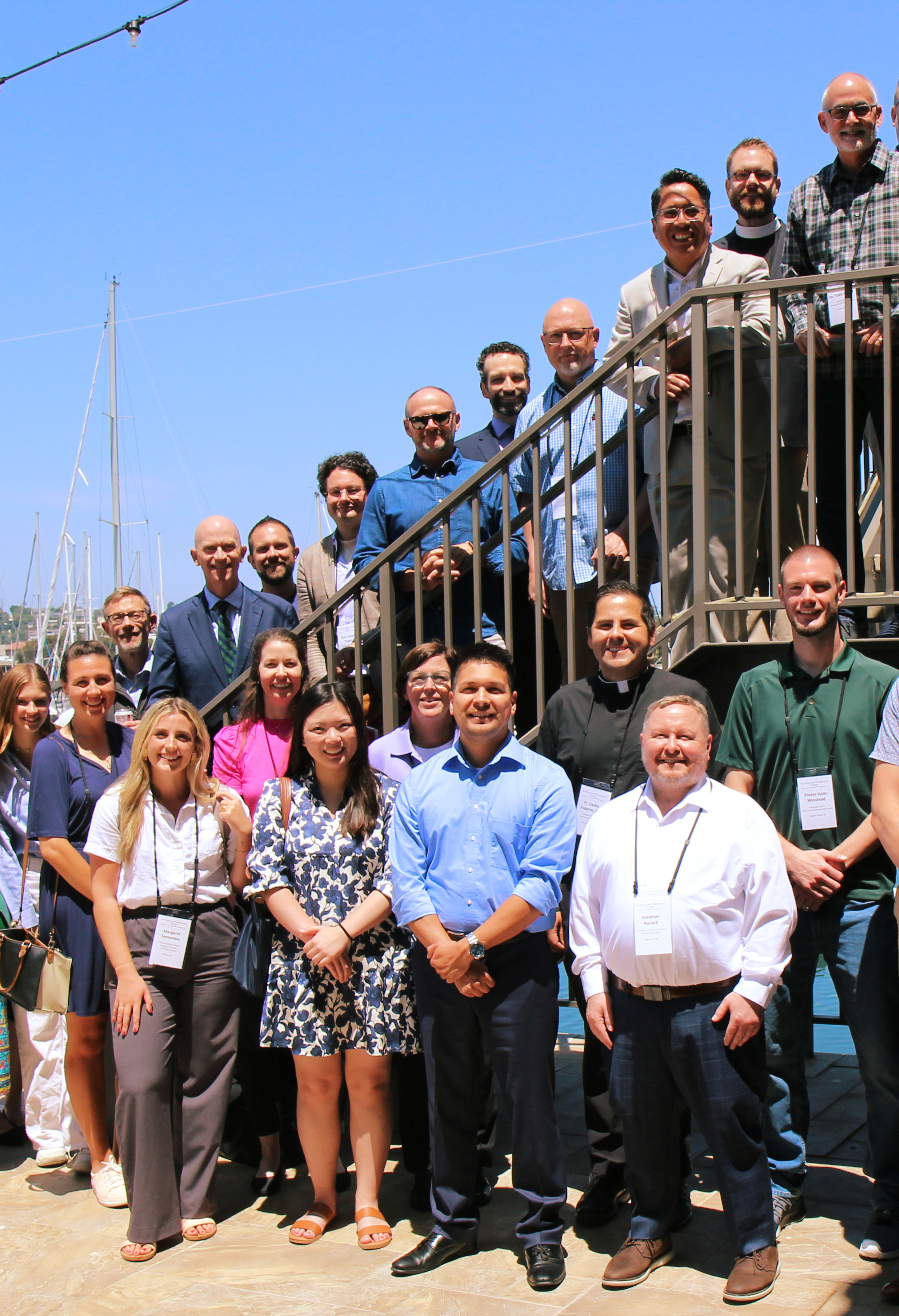
We want to move…
From → to
Treating people as objects
Treating them as subjects of their own stories of development
Individualistic social programs
Empowering families
Providing aid
Emboldening enterprise
Centralized solutions
Subsidiarity in action